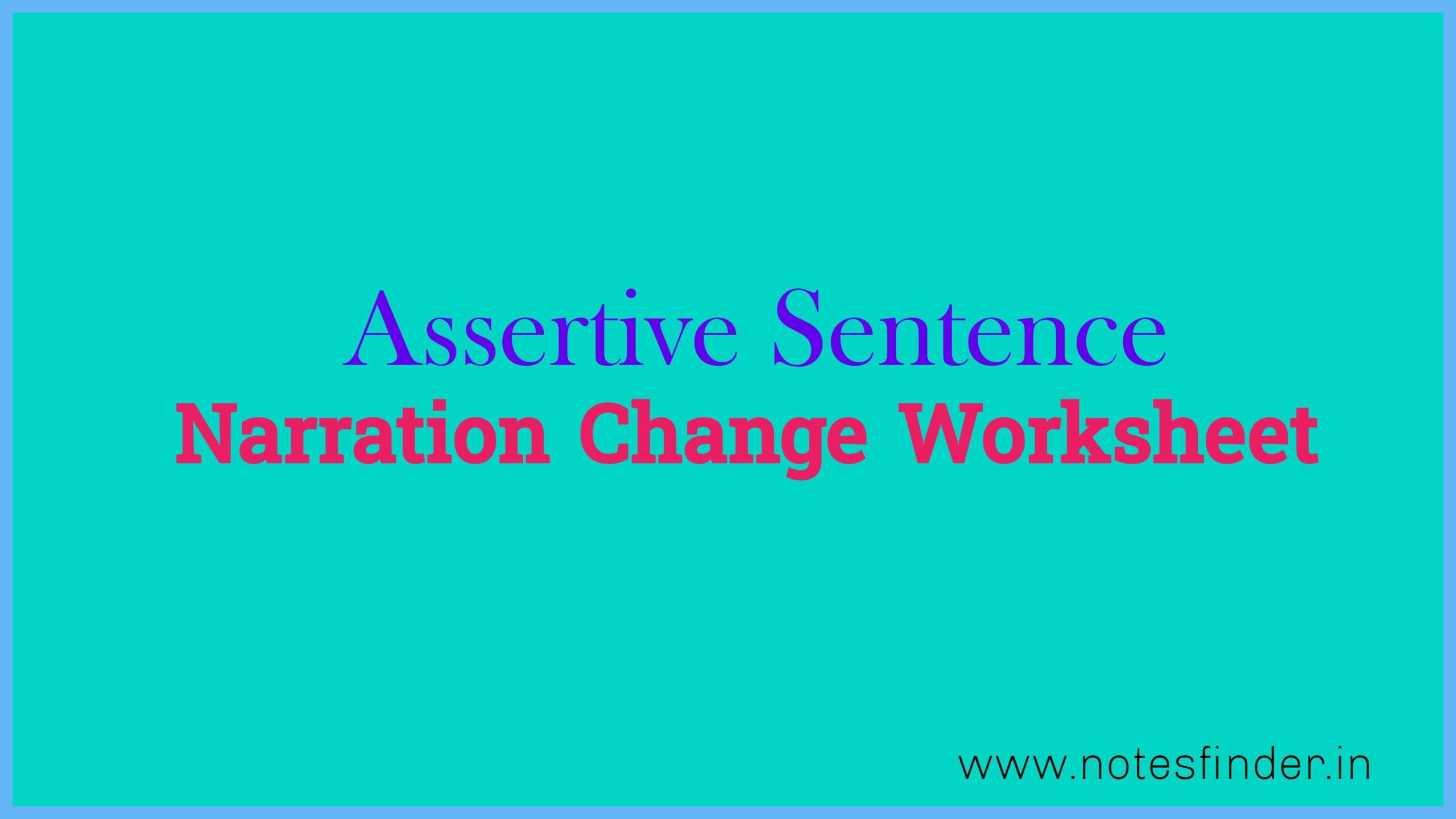The difference between who and whom is:
Who:
- Who is used as the subject of a verb.
- Who asks “Which person or people performed the action in the clause?”
Examples:
- Who broke the vase?
- Who solved the problem?
- Who destroyed the artifact?
Whom:
- Whom is used as the object of a verb or preposition.
- Whom asks “Which person or people received the action in the clause?”
Examples:
- To whom did you give the flowers?
- Whom did you see at the party?
- For whom are you waiting?
In essence:
- Use who when referring to the subject of a clause.
- Use whom when referring to the object of a verb or preposition.
Some examples comparing who and whom:
Who broke the vase? (Subject – who is correct)
To whom did you give the vase? (Object – whom is correct)
Who solved the problem? (Subject – who is correct)
Whom did you ask for help? (Object – whom is correct)
So in short:
Use who when referring to the subject of a clause – the person performing the action.
Use whom when referring to the object of a verb or preposition – the person receiving the action.
READ MORE 👇
- Use of there, their and they’re
- Use of Since vs Because
- Use of That and Which
- Use of Must and Have to
- Use of Lie and Lay
- Use of fewer vs Less
- Possessive pronoun vs Possessive adjective
- Use of Who and Whom
- Use of affect vs effect
- Difference between must and should
- Difference between Shall and Should
- Difference between Since vs Because



